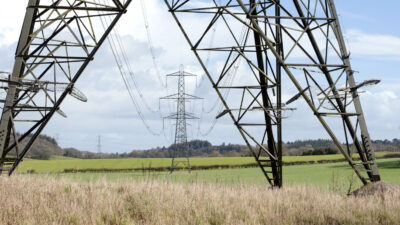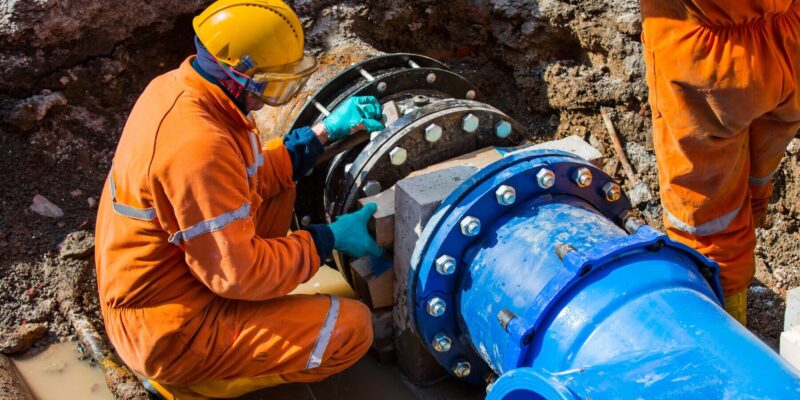Water regulation in Italy: considerations on the new MTI-4
Ahead of the new regulatory period for the integrated water service, in December 2023, ARERA (Autorità di Regolazione per Energia Reti e Ambiente) published the decision setting the new regulatory framework for Italian water networks, the so-called MTI-4.
According to the latest evidence, the regulation contributed to improve the outcomes of the Italian water sector, both in terms of higher investments, better realisation of planned interventions, and efficiency levels.
However, in recent years, exceptional events that affected the broader macroeconomic and environmental context – such as the tensions on the gas and electricity markets and the increase in temperatures and more frequent droughts – highlighted some shortcomings of the previous regulatory framework. Although more structural changes, often called for by the sector, have not been included, ARERA introduced some targeted changes, that represent a positive development compared to the previous regime. These positive aspects, discussed in more detail in the note, include:
- the mechanism setting the allowance for energy costs;
- the flexibility in remodulating tariff adjustments (conguagli) beyond the regulatory period;
- the attention to upstream investments.
Download
Contact

Professor Alfredo Macchiati
PartnerContributors
Related
Download
Related

Future of rail: how to shape a resilient and responsive Great British Railways
Great Britain’s railway is at a critical juncture, facing unprecedented pressures arising from changing travel patterns, ageing infrastructure, and ongoing financial strain. These challenges, exacerbated by the impacts of the pandemic and the imperative to achieve net zero, underscore the need for comprehensive and forward-looking reform. The UK government has proposed… Read More

Investing in distribution: ED3 and beyond
In the first quarter of this year the National Infrastructure Commission (NIC)1 published its vision for the UK’s electricity distribution network. Below, we review this in the context of Ofgem’s consultation on RIIO-ED32 and its published responses. One of the policy priorities is to ensure… Read More
